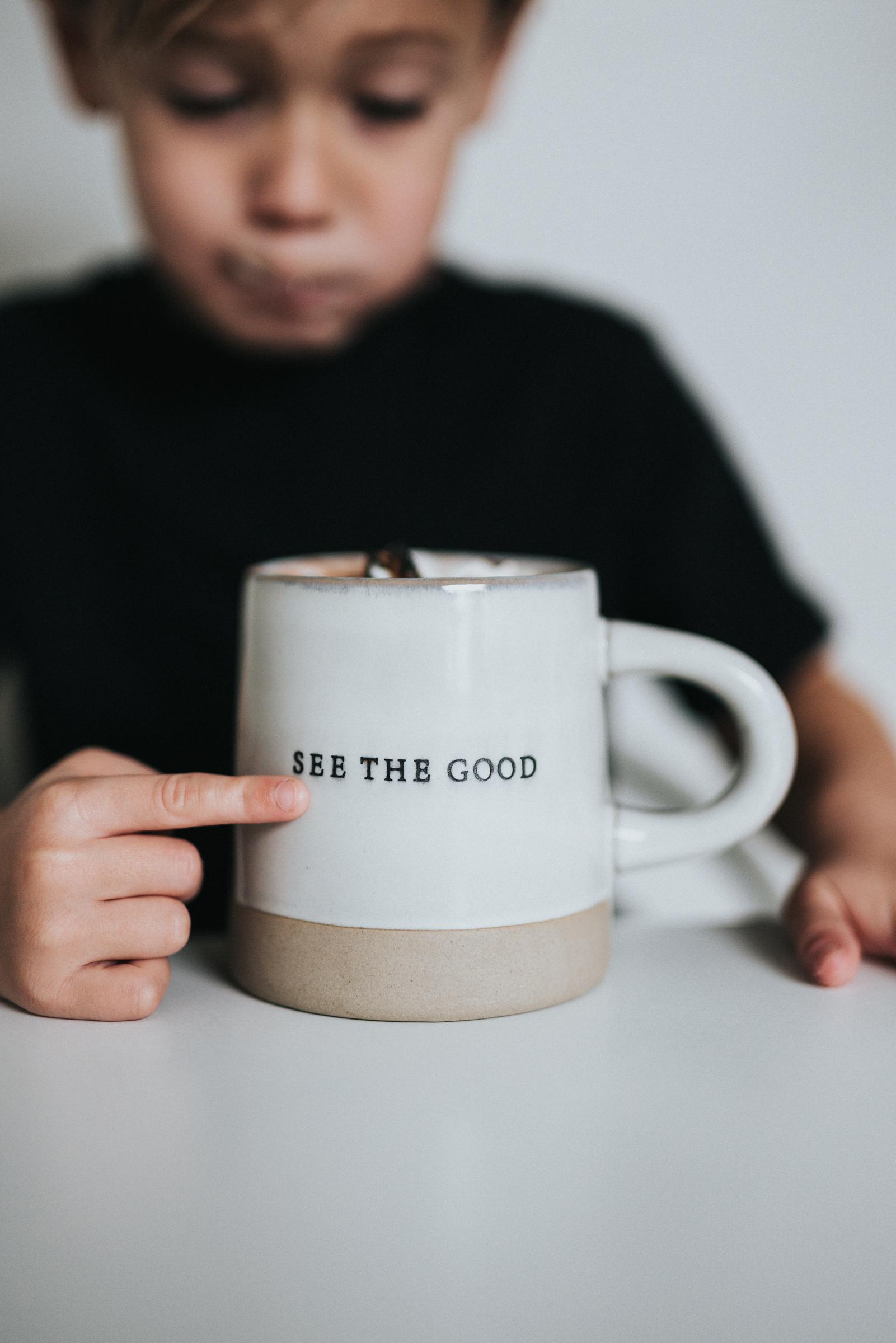Initiatives to support student behaviour
School Wide Positive Behaviour Support & Real Schools

Initiatives to support student behaviour
School Wide Positive Behaviour Support & Real Schools
What is School-wide positive behaviour support?
School-wide positive behaviour support (SWPBS) is a system used to boost student behaviour, well-being, and academic results. It focuses on preventing issues and using school resources wisely. SWPBS has a strong focus on explicitly teaching and acknowledging positive learning behaviours across the whole College. It is a research-based intervention approach derived from behavioural analysis, to increase prosocial behaviours.
Below is our "School Wide Positive Behaviour Matrix" which explicitly describes positive behaviours we expect from our students that align with our College values. We use these to help students understand what good behaviours "look like". Each classroom displays a copy of the matrix and teachers can then use these to help shape students' choices within a learning space.


Heathmont College has also recently partnered with "Real Schools". Real Schools exists to build partnerships and experiences to help schools achieve their potential in three key areas; committed teachers, caring students and connected communities. Paul Blinkhoff has been working with Heathmont College to help our community develop strong productive relationships on the back of "restorative practices".
As described by Adam Voight (C.E.O.), Real Schools works to build:
Committed Teachers
My father loved the expression about commitment that goes, “It’s just like with bacon & eggs. The chicken is involved, but the pig is committed.” And as it is at Real Schools! Our quest is to release the ‘inner pig’ within your staff to open up a whole new world of practice.
We provide experiences and partnerships which are inspiring and yet provoking. And when we commit to this level of practice, we are simply modelling the lifelong learning we want to foster in our students.
We take teachers through practice barriers. And on the other side is a whole new world of focus, effectiveness and impact. But more than this, your teachers will actually be happier, less stressed and more ‘on their game’ as a result of their Real Schools experience.
Caring Students
This isn’t about caring for students. It also isn’t about using tips and tricks to garner a little extra compliance from our students. It isn’t even about teaching them the good thing to do. This is about showing them how to desire doing good.
It’s about fundamentally changing who they are and learning how our practice can transform lives … because we know it does.
Our partnerships are embedded in solid research about what it takes to build resilience, confidence, conflict resolutions skills, relationship building skills and a sense of community with our young people.
Whether you are planning for one particular tough student, one tricky class or for a whole school change in the way your students behave, then we can tailor an experience that will mark a turning point in your school’s journey.
Connected Communities
Do some of your students have upward of 1000 Facebook friends yet would walk past 850 of them in the street without so much as a nod of hello? Our young people have changed – particularly in the way that they view friendships, relationships and community.
The problem is that the skill is not in making relationships, it’s in sustaining them. It’s in building strong, thick bonds that can withstand a problem without having to click ‘unfriend’.
Remember when we used to talk our problems through? The Real Schools mission is all about re-positioning the school as the community relationship hub – where community members have the skill, the intent and the persistence to work together for a better future. After all, we’re more than the sum of our parts … aren’t we?
So far, the College has been working with Paul Blinkhoff who has presented to the staff, worked with leadership observed some classes and hosted a parent information evening (which was very well received!) We look forward to keeping our community up to date with our partnership with Real Schools.
We have also began by slowly adjusting and experimenting with our language in four key ways. We thought that, if we them with you, then you might be able to help us with that, and that they will help you as parents/carers:
In case you missed it, here's Paul introducing us to the idea of a Real Schools Partnership:
Real Schools Partnership
Here's also a couple more videos from Paul. The first one is on "What are Restorative Practices". The second one explains "the human brain".
What are Restorative Practices?
The Human Brain
So far, the College has thoroughgoingly enjoyed and continues to learn with our partnership with "Real Schools". We look forward to the positive impact this will have on our students and broader community.
If you have any questions regarding any of our initiatives, please do not hesitate to contact the College.
Shane Hunt
Priority Cohorts and Community Engagement